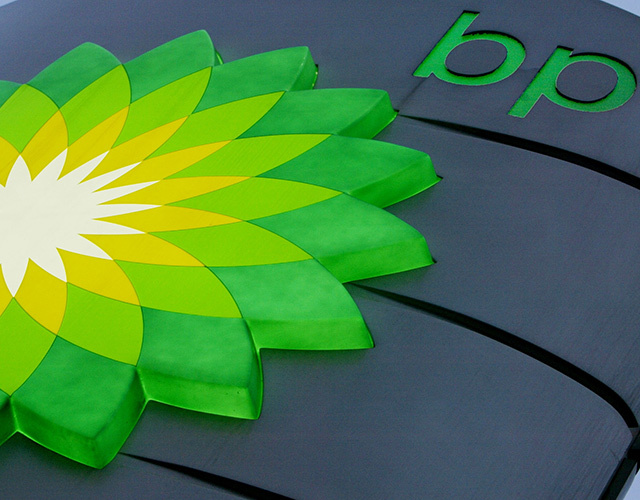
The latest phase of a US trial to decide how much BP should pay in penalties for the 2010 Gulf of Mexico oil spill has ended.
The amount BP could face in Clean Water Act penalties could reach 13.7 billion dollars (9.1 billion), but a decision from the judge is not expected for months.
The New Orleans trial closed after two weeks of testimony and arguments by lawyers for the US justice department, which wants a high penalty, and BP, which wants a lower figure.
Lawyers may file briefs in the case as late as April and it remains unclear how soon after that District Judge Carl Barbier will rule.
It was the third phase of a trial to determine Clean Water Act penalties arising from the April 20, 2010, explosion of the Deepwater Horizon rig at BP’s Macondo well.
The blast killed 11 workers and sent oil spewing into the Gulf for 87 days.
The judge has already issued key rulings after two earlier phases, including that BP acted with “gross negligence” in the disaster, a decision BP is appealing against.
He also ruled that 3.19 million barrels of oil were discharged. Those two factors could lead to a maximum 13.7 billion dollar fine based on a per-barrel penalty.
BP argued against a heavy penalty. It said its response to the spill and clean-up effort was robust, the economy and environment of the Gulf has recovered strongly and that it already has run up 42 billion dollars (£27.9 billion) in costs including the clean-up, response, settlements with victims and criminal penalties.
Also, BP lawyers argued an excessive penalty would be too much of an economic hardship on BP Exploration and Production, the BP entity deemed responsible for the spill.
Government lawyers say a higher-end penalty is called for, given the economic and environmental harm caused by the spill, and they cast doubts about the effect of a high fine on BP Exploration and Production and other BP entities.
For more oil and gas news click here.
Recommended for you
